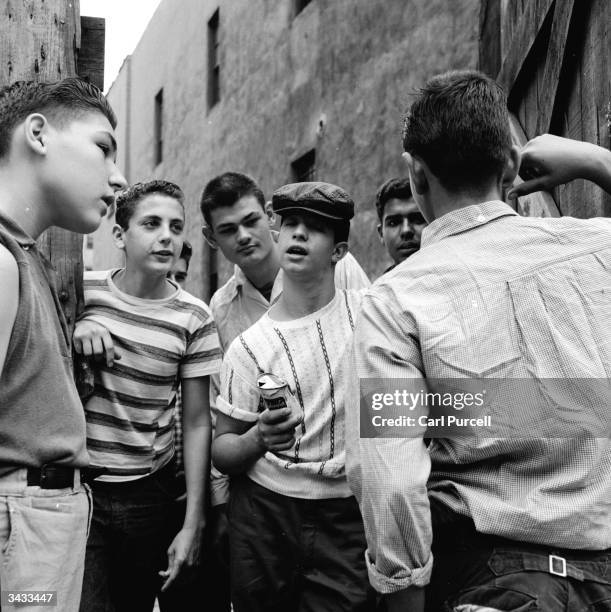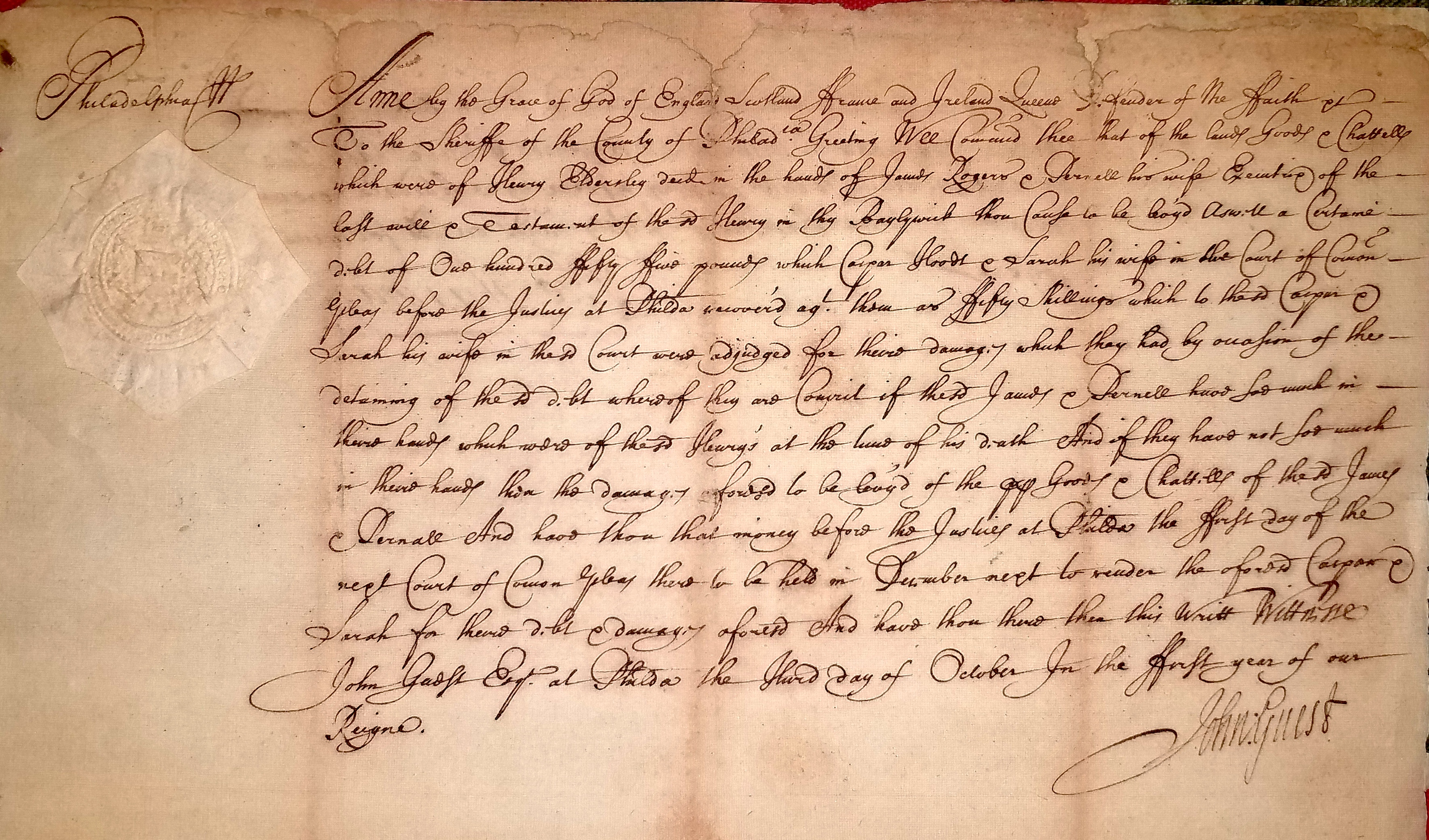Post Conviction
Post-Conviction Relief: Understanding California's Penal Code 1170
In the complex world of criminal justice, post-conviction relief represents a vital opportunity for individuals to seek adjustments to their sentences or convictions. Among these relief mechanisms, California's Penal Code 1170 provides specific avenues for resentencing and appeals that can significantly alter the outcomes for convicted persons. This blog post will explore the intricacies of Penal Code 1170, focusing on how it might affect your case if you're seeking post-conviction relief.
What is Penal Code 1170?
California's Penal Code 1170 encompasses several statutes that allow for the possibility of modifying a sentence after a conviction has been finalized. This can include reducing the length of the sentence, modifying the conditions of probation, or other forms of sentence adjustments. The code is particularly relevant in light of recent reforms aimed at reducing overcrowding in prisons and correcting past sentencing injustices.
Key Provisions Under Penal Code 1170
1170.18 - Resentencing Under Proposition 47: This provision allows certain offenses that were previously classified as felonies to be reclassified as misdemeanors. The offenses typically involve non-violent crimes such as simple drug possession and petty theft under a certain monetary threshold. Eligible individuals can petition the court for a resentencing under this revised classification, potentially leading to a reduced sentence or immediate release.
1170.95 - Resentencing Following Changes to Felony Murder Rules and Natural and Probable Consequences Doctrine: As a significant reform, this statute provides a mechanism for individuals convicted of murder under the "felony murder rule" or "natural and probable consequences doctrine" to petition for a resentencing. If the petitioner can demonstrate that they were not the actual killer, did not act with intent to kill, or was not a major participant in the underlying felony that led to a death, they might be eligible for a reduced sentence.
The Process of Seeking Relief Under Penal Code 1170
Filing a Petition: The first step in seeking relief under Penal Code 1170 is to file a petition in the court that sentenced you. This petition should clearly state the grounds on which you are seeking a resentencing.
Court Review: The court will review the petition and determine whether you meet the eligibility criteria for the relief sought. This includes examining the nature of your conviction and the specifics of your involvement in the crime.
Hearing: If the court finds that you may be eligible, a hearing will be scheduled where both the defense and the prosecution can present arguments. You may need to present evidence supporting your claim for a lesser role in the crime or that the crime qualifies under the new legal definitions.
Decision: The judge will then make a decision based on the evidence and arguments presented. If successful, the judge can order a resentencing, which could lead to a reduction in your sentence or other modifications favorable to you.
The Importance of Legal Representation
The process of petitioning for post-conviction relief under Penal Code 1170 can be complex and requires a thorough understanding of the law and strong advocacy skills. It is highly recommended to seek the assistance of a criminal defense attorney who has experience in handling post-conviction cases. An attorney can help prepare the necessary documentation, represent you at hearings, and provide the guidance needed to navigate the post-conviction landscape effectively.
Conclusion
For individuals convicted of crimes in California, Penal Code 1170 offers a critical opportunity for legal recourse and a chance at a new beginning. By understanding the provisions of the law and engaging competent legal counsel, those affected can take informed steps towards potentially altering their sentences and, by extension, their lives.
If you or a loved one is considering seeking post-conviction relief under Penal Code 1170, do not hesitate to contact our law office for expert advice and representation. Our experienced team is committed to ensuring that justice is served and that your rights are vigorously defended throughout the post-conviction process.


